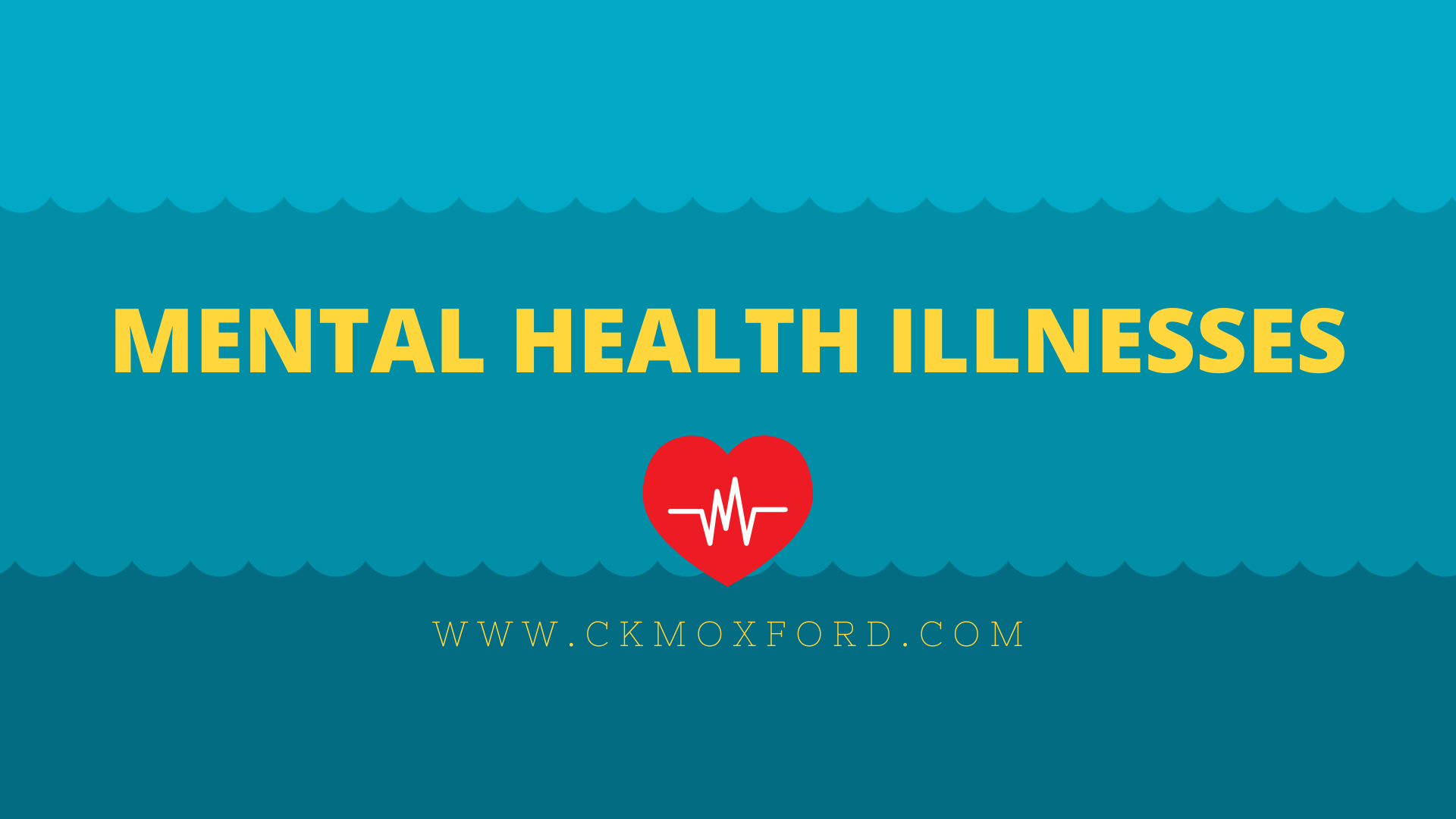WHAT ARE PANIC ATTACKS?
Panic disorder is an anxiety disorder where you regularly have sudden attacks of panic or fear.
Everyone experiences feelings of anxiety and panic at certain times. It's a natural response to stressful or dangerous situations.
But someone with panic disorder has feelings of anxiety, stress and panic regularly and at any time, often for no apparent reason.
SYMPTOMS OF PANIC ATTACKS
Anxiety
Anxiety is a feeling of unease. It can range from mild to severe, and can include feelings of worry and fear. Panic is the most severe form of anxiety.
You may start to avoid certain situations because you fear they'll trigger another attack.
This can create a cycle of living "in fear of fear". It can add to your sense of panic and may cause you to have more attacks.
Panic attacks
During a panic attack you get a rush of intense mental and physical symptoms. It can come on very quickly and for no apparent reason.
A panic attack can be very frightening and distressing.
Symptoms include:
- a racing heartbeat
- feeling faint
- sweating
- nausea
- chest pain
- shortness of breath
- trembling
- hot flushes
- chills
- shaky limbs
- a choking sensation
- dizziness
- numbness or pins and needles
- dry mouth
- a need to go to the toilet
- ringing in your ears
- a feeling of dread or a fear of dying
- a churning stomach
- a tingling in your fingers
- feeling like you're not connected to your body
Most panic attacks last between 5 and 20 minutes. Some have been reported to last up to an hour.
The number of attacks you have will depend on how severe your condition is. Some people have attacks once or twice a month, while others have them several times a week.
Although panic attacks are frightening, they're not dangerous. An attack will not cause you any physical harm, and it's unlikely you'll be admitted to hospital if you have one.
Be aware that most of these symptoms can also be symptoms of other conditions or problems, so you may not always be experiencing a panic attack.
For example, you may have a racing heartbeat if you have very low blood pressure.
LIVING WITH PANIC ATTACKS
Panic attacks can be frightening, but there are things you can do to help yourself cope. It could help to keep print these tips out and keep them somewhere easy to find.
During a panic attack:
- Focus on your breathing. It can help to concentrate on breathing slowly in and out while counting to five.
- Stamp on the spot. Some people find this helps control their breathing.
- Focus on your senses. For example, taste mint-flavoured sweets or gum, or touch or cuddle something soft.
- Try grounding techniques. Grounding techniques can help you feel more in control. They're especially useful if you experience dissociation during panic attacks.
After a panic attack:
- Think about self-care. It's important to pay attention to what your body needs after you've had a panic attack. For example, you might need to rest somewhere quietly, or eat or drink something.
- Tell someone you trust. If you feel able to, it could help to let someone know you've had a panic attack. It could be particularly helpful to mention how they might notice if you're having another one, and how you'd like them to help you.
TREATMENTS FOR PANIC ATTACKS
Treatment aims to reduce the number of panic attacks you have and ease your symptoms.
Talking therapies and medicine are the main treatments for panic disorder. Your treatment will depend on your symptoms.
Psychological therapies
You can refer yourself directly to a psychological therapies service for treatment based on cognitive behavioural therapy (CBT).
If you prefer, you can see a GP and they can refer you.
Your therapist may discuss with you how you react when you have a panic attack and what you think about.
They can teach you ways of changing your behaviour to help you keep calm during an attack.
You may need to see your GP regularly while you're having CBT so they can assess your progress.
Medicine
If you and your doctor think it might be helpful, you may be prescribed:
- a type of antidepressant called a selective serotonin reuptake inhibitor (SSRI) or, if SSRIs are not suitable, a tricyclic antidepressant (usually imipramine or clomipramine)
- an anti-epilepsy medicine such as pregabalin or, if your anxiety is severe, clonazepam (these medicines are also beneficial for treating anxiety)
Antidepressants can take 2 to 4 weeks before they start to work, and up to 8 weeks to work fully.
Keep taking your medicines, even if you feel they're not working, and only stop taking them if your GP advises you to do so.
Referral to a specialist
If your symptoms do not improve after CBT, medicine and connecting with a support group, your GP may refer you to a mental health specialist such as a psychiatrist or clinical psychologist.
The specialist will carry out an assessment and devise a treatment plan to help you manage your symptoms.
If you feel like you are really struggling then always seek professional help as they are trained to help you with what you are going through.
